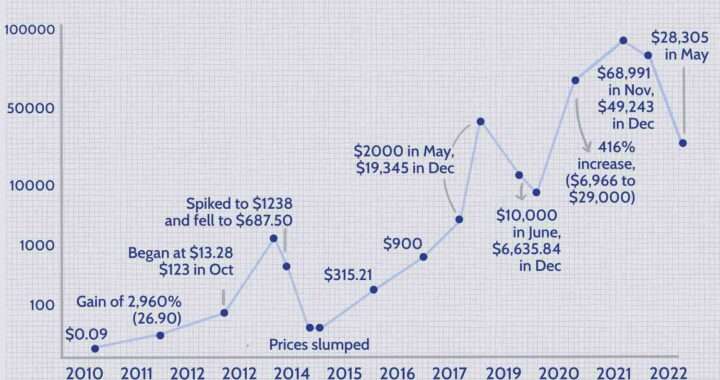The expansion of the crypto-asset market undoubtedly drives governments to strengthen their tax compliance efforts. In April 2021, the G20 commissioned the OECD to establish a system for fully automated reporting regarding crypto-asset tax information. Later, the Crypto-Asset Reporting Framework (CARF) was approved in August 2022.
CARF designs uniform procedures to report crypto deals, thereby enabling tax authorities to gain access to essential transaction data. The framework specifies relevant crypto-assets, determines reporting requirements for intermediaries and service providers, and matches international anti-money laundering standards.
What Are CARF and DAC8?
The OECD Global Forum directs the worldwide CARF initiative. The system works by curbing tax evasion on digital assets and Cryptocurrencies through its automated provision of information across borders. CARF improves worldwide tax compliance tracking and transparency through its transaction data collection and sharing procedures.
The European Union operates its own instrument, DAC8, which corresponds with the CARF system. The new Directive on Administrative Cooperation (DAC) reform enables EU tax officials to exchange administrative data through its amendment process. DAC8 is an EU Commission initiative that aims to boost crypto transparency during this period of rapid technological development.
The European Union’s DAC8 tracks European client transactions to fight tax evasion and related crimes. The regulatory measure encompasses crypto transactions that occur domestically or across borders and includes select NFTs.
What Transactions Must Be Reported Under CARF and DAC8?
Typically, the reporting requirements cover crypto-assets extending to future asset classes based on similar technologies.
Examples of reportable transactions include:
- Conversions between crypto-assets and fiat currencies.
- Swaps between different crypto-assets.
- Transfers of crypto-assets.
Who Is Affected by CARF and DAC8?
CARF has a direct effect on the financial ecosystem. These include:
- Crypto-asset service providers: Exchanges and wallet providers must comply with CARF’s reporting rules.
- Banks and financial institutions: Some entities in the traditional financial sector may also be subject to these regulations.
- Crypto businesses: Companies facilitating exchanges between crypto-assets or crypto and fiat currencies must conduct due diligence to identify customers and make annual reports.
When Do CARF and DAC8 Take Effect?
CARF – While there is no official commencement date confirmation, countries have committed to implementing the framework by 2027, with reporting expected to begin that same year.
DAC8 – All DAC8 provisions have already been adopted. EU Member States have until 31st December 2025 to incorporate the directive within their national legislation. Crypto-asset service providers must implement DAC8 reporting requirements starting from 1st January 2026 which will start reporting transactions from the same year with the first due date falling on 31st January 2027. Other provisions, like identity verification requirements, took off in January 2025.
What About CRS 2?
Electronic money products and central bank digital currencies are now under the Common Reporting Standard (CRS) guidelines. The new regulations extend to Cryptocurrency investments made through financial derivatives and investment tools. CRS 2 presents new rules that increase reporting responsibility while making provisions for authentic public benefit institutions. This update now requires timely reporting from account holders and persons holding financial accounts that must be disclosed.
Ultimately, introducing CARF DAC8 and CRS 2 was a bold move by the tax man to intensify crypto market regulation efforts and combat tax evasion. All European crypto businesses and financial institutions must take the necessary steps to comply with these new obligations to avoid costly penalties.
Image Source: Adobe Stock
Disclaimer: This article is purely for informational purposes. It is not offered or intended to be used for legal, tax, investment or financial advice.












